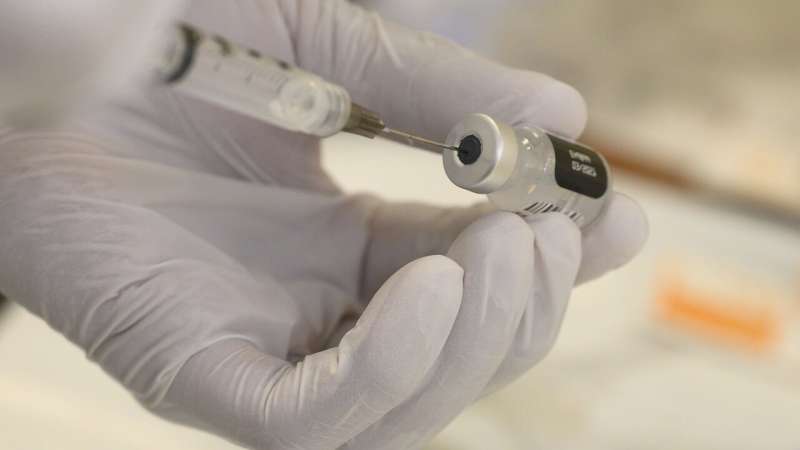Hyperinsulinemia and Its Connection to Abnormal Uterine Bleeding in Premenopausal Women

Research reveals a strong link between hyperinsulinemia and abnormal uterine bleeding in premenopausal women, highlighting the role of metabolic health in menstrual regulation.
Recent research highlights a significant association between hyperinsulinemia—excess levels of insulin in the blood—and abnormal uterine bleeding (AUB) among women who are premenopausal. The study, published online in June 2025 in the journal Menopause, involved 205 women aged 18 to 54 years, with a focus on understanding metabolic factors influencing menstrual health.
The researchers from Loma Linda University School of Medicine conducted a cross-sectional analysis of women attending an outpatient gynecology clinic from June 2019 to August 2023. Participants included 116 women experiencing AUB and 89 with normal menstrual cycles. All participants underwent fasting insulin tests and assessments of other metabolic syndrome markers, such as waist-to-hip ratio and lipid profiles.
Findings revealed that hyperinsulinemia considerably increases the likelihood of AUB, with an odds ratio of approximately 3. Although initially significant, this relationship was somewhat influenced by body mass index (BMI), indicating overlapping or mediating roles of weight and insulin levels. The analysis showed that a combination of factors—including age, low-density lipoprotein cholesterol, and waist-to-hip ratio—improved the predictive model's accuracy, suggesting complex interactions between metabolic health and menstrual irregularities.
Stephanie Faubion, M.D., Medical Director of The Menopause Society, emphasized the importance of these findings, noting the need for larger, longitudinal studies. Such research could clarify causal mechanisms and explore whether targeting hyperinsulinemia and obesity might serve as effective strategies for preventing and managing abnormal uterine bleeding, ultimately improving women's reproductive health.
This study underscores the potential benefit of metabolic health management in addressing menstrual disorders and highlights the interconnectedness of hormonal regulation and metabolic factors in women's health.
For more detailed information, refer to the study: Andrea C. Salcedo et al., 'The uterus is an end organ: a preliminary study of the association between abnormal uterine bleeding and hyperinsulinemia,' published in Menopause, 2025. [DOI: 10.1097/GME.0000000000002548]. Source: https://medicalxpress.com/news/2025-06-hyperinsulinemia-linked-abnormal-uterine.html
Stay Updated with Mia's Feed
Get the latest health & wellness insights delivered straight to your inbox.
Related Articles
How B-cell Receptor Types Influence Lymphoma Cell Survival and Growth
Recent research uncovers how different B-cell receptor variants influence lymphoma cell survival, offering potential biomarkers and new therapeutic strategies for B-cell cancers.
FDA Restricts Access to Updated COVID-19 Vaccines, Bringing New Challenges for Children's Immunization
The FDA's recent approval of updated COVID-19 vaccines introduces new restrictions that could limit vaccine access for healthy children, raising concerns among parents and health professionals about protecting vulnerable populations amidst ongoing policy shifts.
Groundbreaking Genetic Discoveries Enhance Diagnosis of Neurodevelopmental Disorders
Researchers have identified two new genetic disorders linked to neurodevelopmental conditions, offering hope for improved diagnosis and treatment worldwide.



